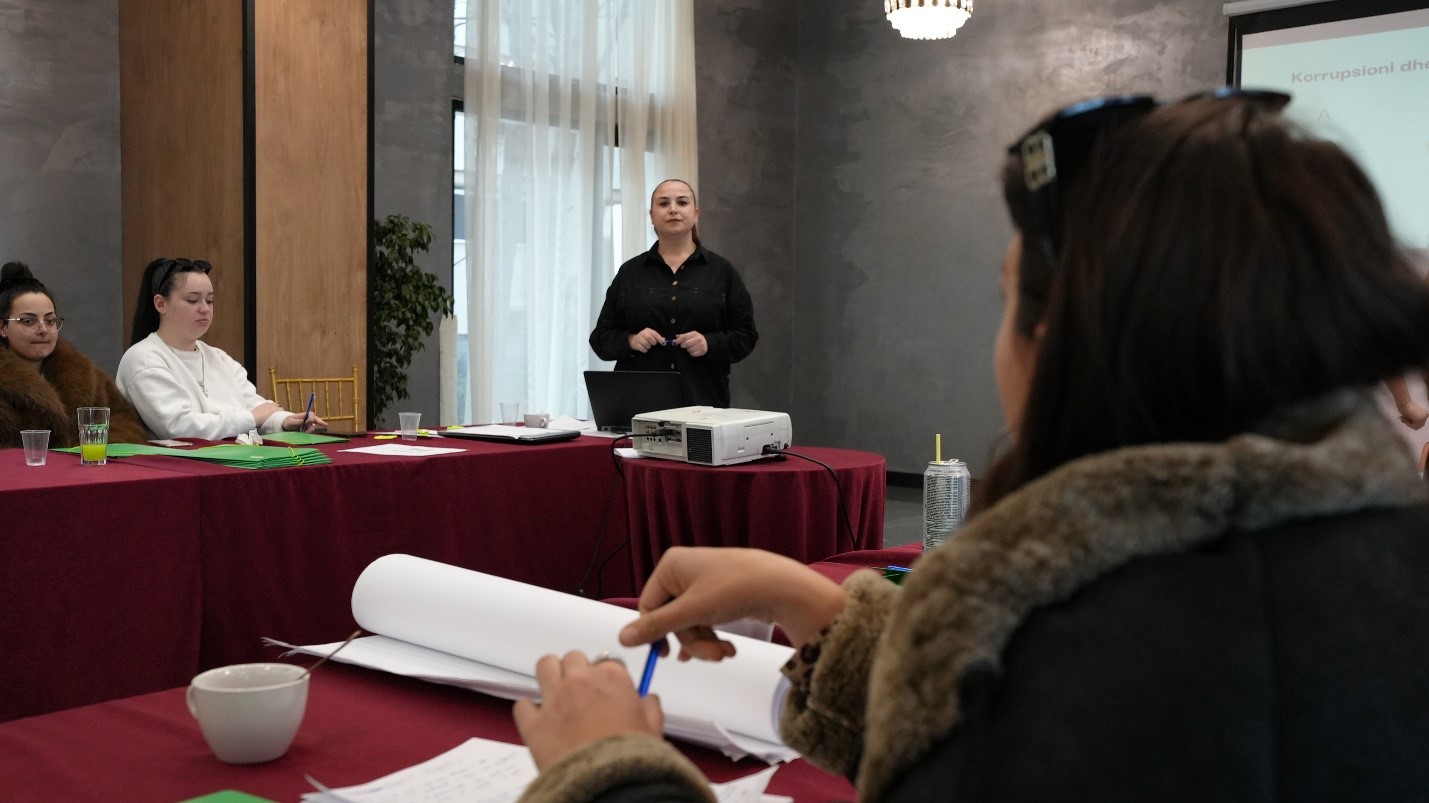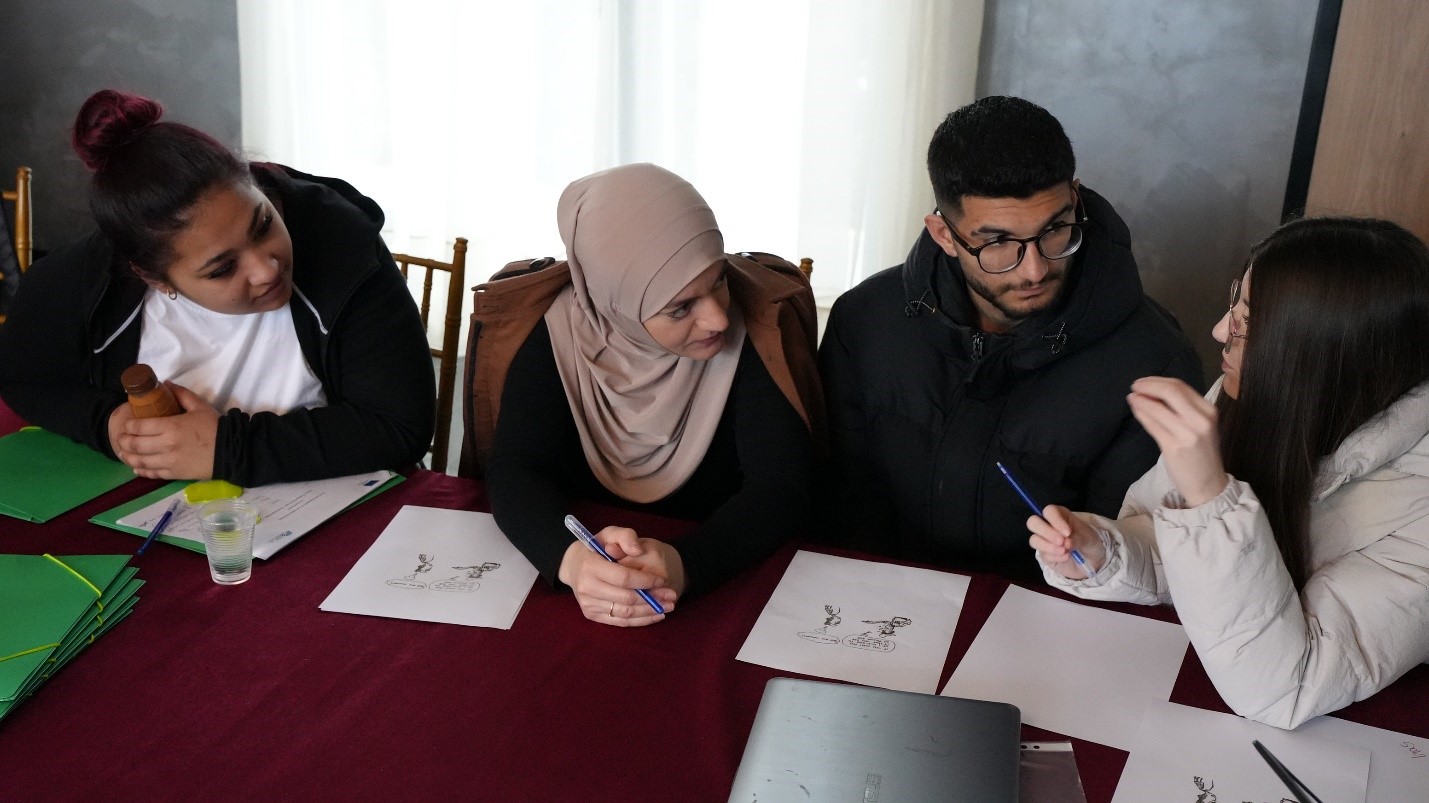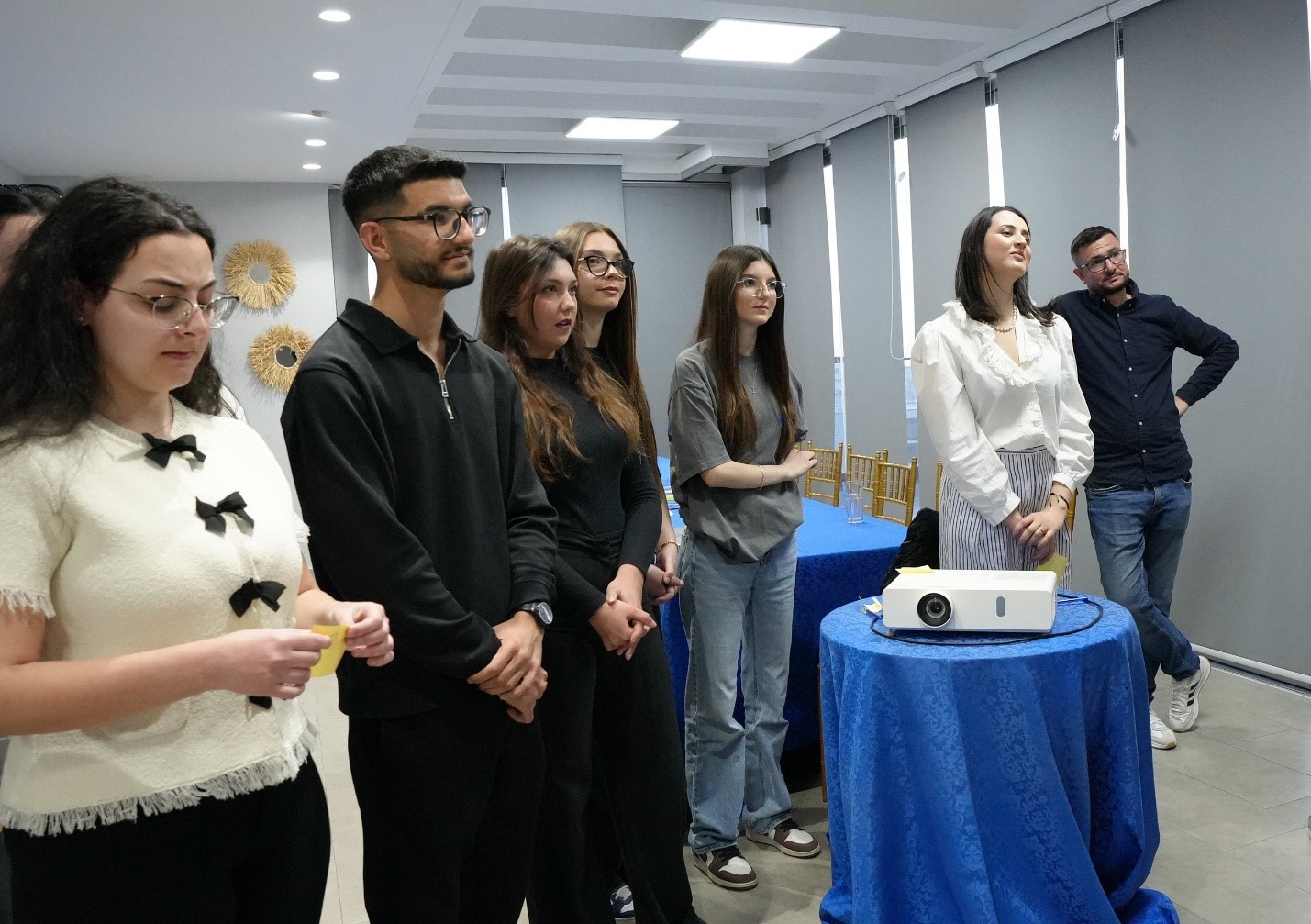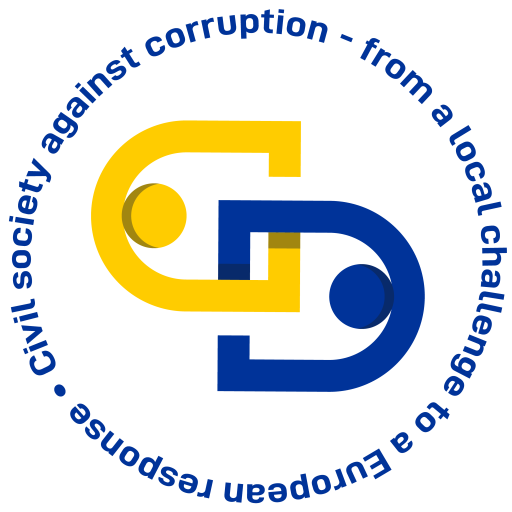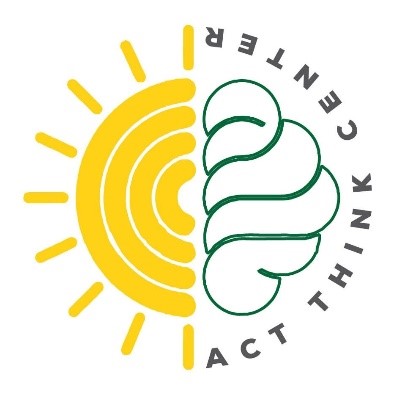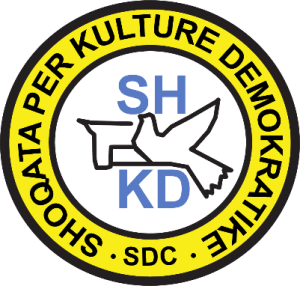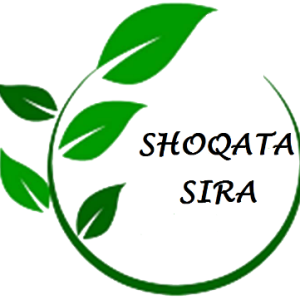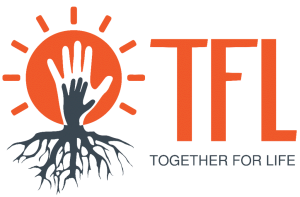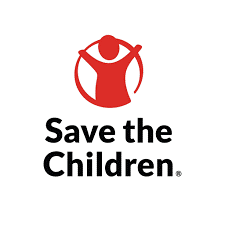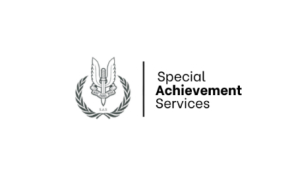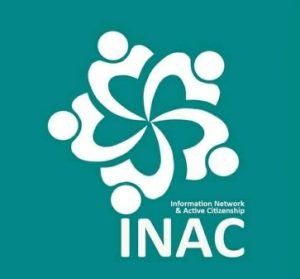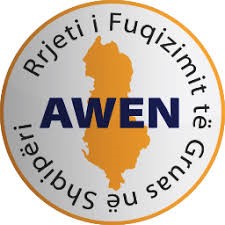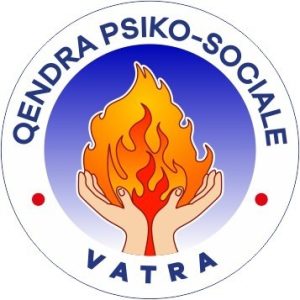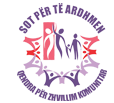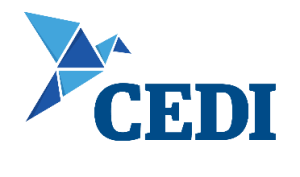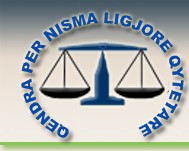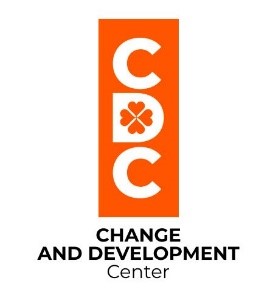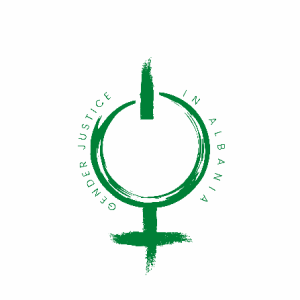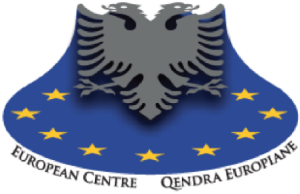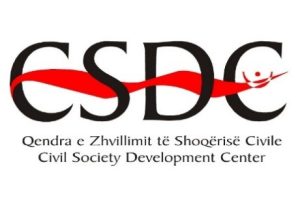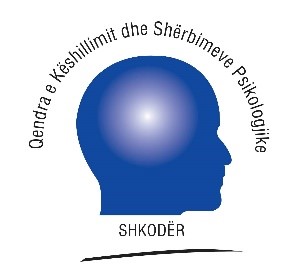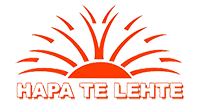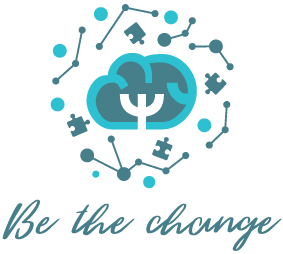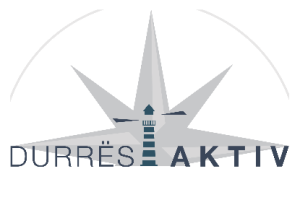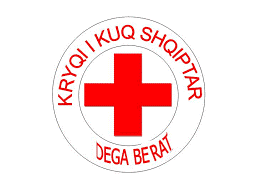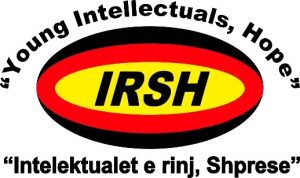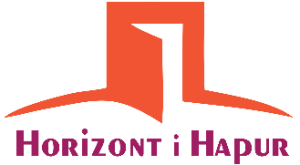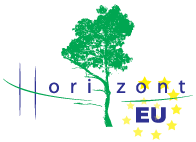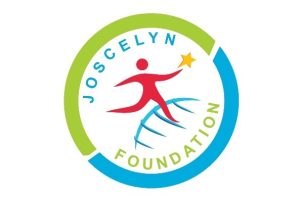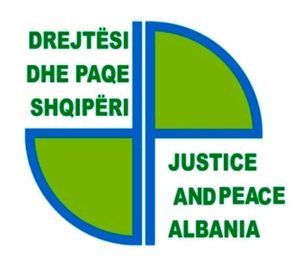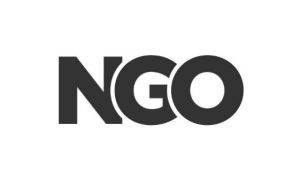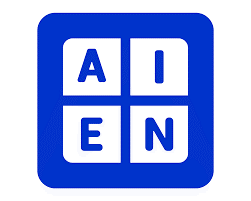Roma Youth – Ambassadors of a Corruption-Free Society!
Geographical Coverage:
The Institute of Roma Culture in Albania (IRCA) is implementing the project “Roma Youth – Ambassadors of a Corruption-Free Society!”, financially supported by the European Union. The project is being carried out in four municipalities in Albania: Tirana, Elbasan, Durrës, and Gjirokastër. These locations were selected due to the significant presence of the Roma population, IRCA’s established partnerships with local authorities, and its in-depth knowledge of the community. The project implementation will last 12 months (December 2024 – December 2025).
Main Objective: To cultivate an anti-corruption culture among Roma youth and communities, and to strengthen partnerships with local institutions to ensure equal access to services for all citizens.
Main Objectives:
- To educate and foster an anti-corruption mindset among Roma youth and communities through trainings, mobile cinema, radio broadcasts (podcasts), and the distribution of school kits and promotional materials.
- To strengthen partnerships with local institutions for the equitable delivery of services to Roma individuals and for coordinated anti-corruption efforts.
Expected Results:
- 25 Roma youth trained as “Ambassadors of a Corruption-Free Society,” equipped with skills in legal, civic, and anti-corruption areas.
- More than 3,000 Roma families sensitized through the mobile cinema tour and educational sketches in Roma neighborhoods.
- 8 educational podcasts in Albanian and Romani, broadcast on IRCA’s online radio, reaching an estimated audience of 100,000 listeners across Albania.
- Practical anti-corruption guides distributed in both languages, included in school kits and promotional materials, reaching over 200 Roma families across 8 neighborhoods.
- 8 study visits to local institutions for Roma youth, promoting mutual understanding and engagement with public services.
- A closing conference to present the project results, with the participation of 100 stakeholders from institutions, media, and the community.
Main Activities:
- Trainings for Roma youth as positive role models, providing knowledge on legal rights, administrative procedures, and civic participation.
- Mobile cinema with interactive sketches to visually educate communities about corruption and civic rights.
- A series of podcasts to raise awareness and widely disseminate anti-corruption messages.
- Design and distribution of school kits and promotional materials containing anti-corruption messages (guides, flyers, notebooks, etc.).
- Study visits and the signing of agreements with local institutions: municipalities, police, education, and healthcare.
- A national closing conference and a video documentary showcasing the project’s impact and the model for future actions.
Target Groups:
- Roma youth (ages 15–30): 25 individuals trained and engaged as local ambassadors.
- Roma families: Over 3,000 reached indirectly through awareness-raising campaigns.
- General public and institutions: Over 100,000 people reached through the media, including both Roma and non-Roma populations.
- Local authorities: Engaged in joint initiatives, dialogue, and collaboration to ensure equitable service delivery.

